Overview of techniques, practices and approaches utilized by athletic trainers in prevention, recognition, care, treatment and rehabilitation of injuries. Includes taping, wrapping, protective equipment fabrication and application. Two lecture hours and two laboratory hours per week.
The mission of the Master of Athletic Training Program at the University of West Alabama is to develop exceptional clinicians through a quality interactive didactic and clinical education focused on providing patient-centered care as part of an interprofessional health care team. We aspire to develop clinicians that desire to maintain involvement within the profession through their clinical practice and service.
Our Master of Athletic Training program is fully accredited by the Commission on Accreditation of Athletic Training Education© (CAATE) through the 2026-2027 academic year. This program is designed to prepare students for the Board of Certification (BOC) certification examination and features two options:
- Option 1: A five-year program in which students earn a Bachelor of Science Degree in Athletic Training or in Health Sciences and a Master’s Degree in Athletic Training.
- Option 2: A two-year master’s program designed for students who already have a baccalaureate degree.
Visit the Academic Catalog for information regarding program admission requirements, prerequisites, course offerings and more.
Master of Athletic Training Outcomes:
Program Facts
Program Format
On Campus
Academic Term
Spring, Summer and Fall semesters
Tuition Cost
Number of Credits
Total Minimum Required: 53 hours
Academic Calendars
Request More Information
Loading...
Sample Courses
AH501 Professional Practice and Techniques of Athletic Training
3 Credits
AH522 Clinical Evaluation and Diagnosis of the Lower Extremity
3 Credits
Evaluation of specific injuries to the lumbar spine and lower extremities with related anatomy, etiology, signs and symptoms and specific laboratory experiences in assessment and diagnosis. Two lecture hours and two laboratory hours per week.
AH541 Movement Analysis and Corrective Techniques for Dysfunction
3 Credits
Introduces and explores the foundational concepts of structure and function as they relate to fundamental patterns of human movement. Assisted, active and reactive techniques for improving mobility, stability and movement will be taught. Two lecture hours and two laboratory hours per week.
Similar Programs
Career Outlook
Our graduate Athletic Trainers work in a variety of settings, including:
- All levels of athletics — youth to professional
- Industrial and occupational health
- Physician offices and private practices
- Sports medicine, cardiac rehabilitation, medical fitness, wellness, physical therapy clinics and hospitals
- Military, law enforcement and fire departments
- The performing arts
As a part of the health care team, services provided by athletic trainers include primary care, injury and illness prevention, wellness promotion and education, emergent care, examination and clinical diagnosis, therapeutic intervention and rehabilitation of injuries and medical conditions.
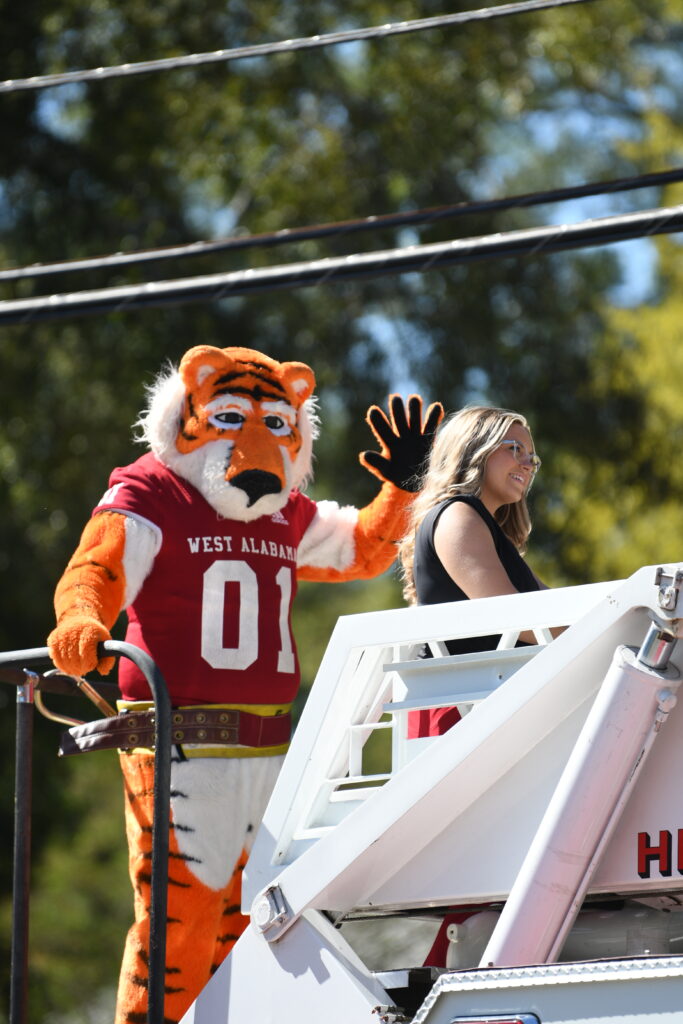
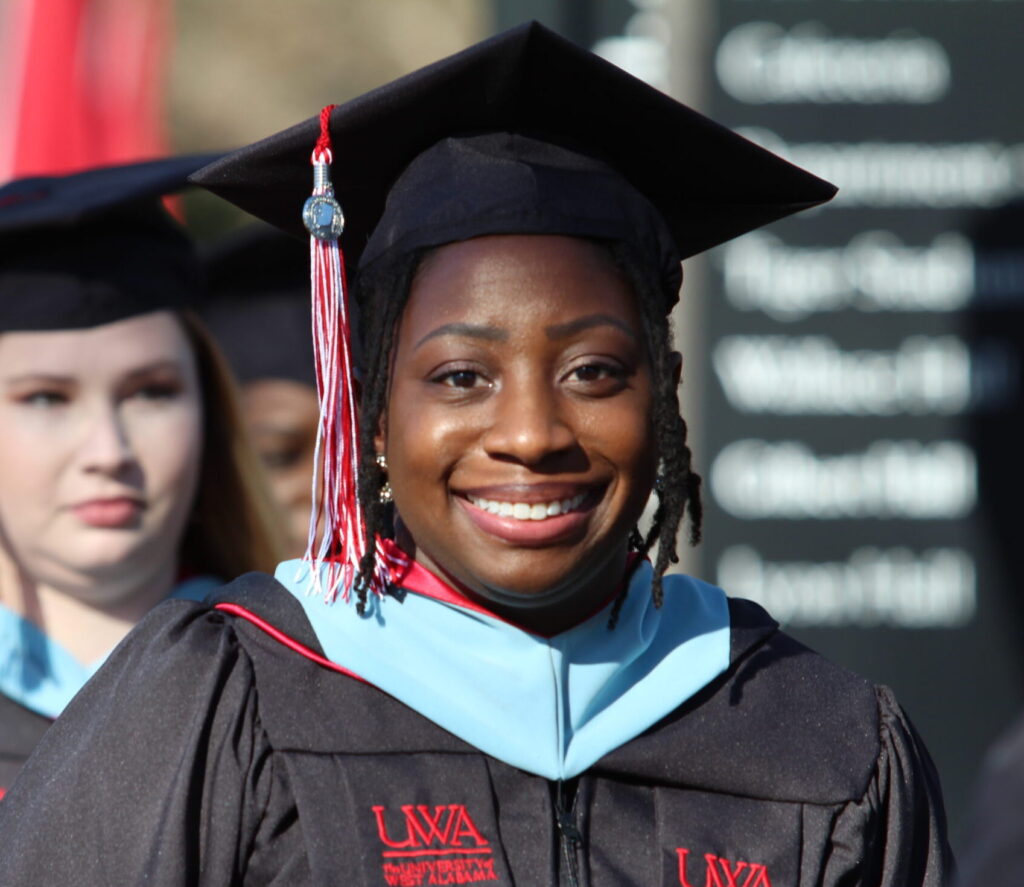
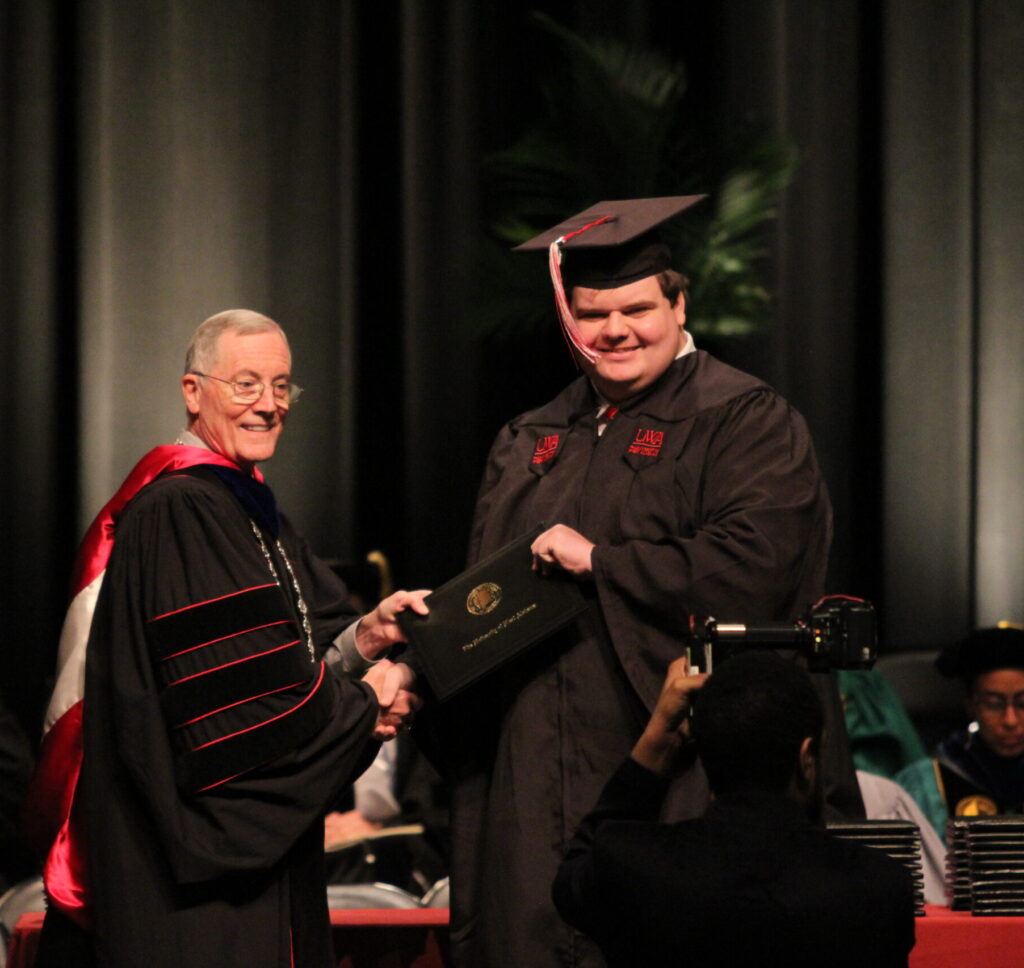
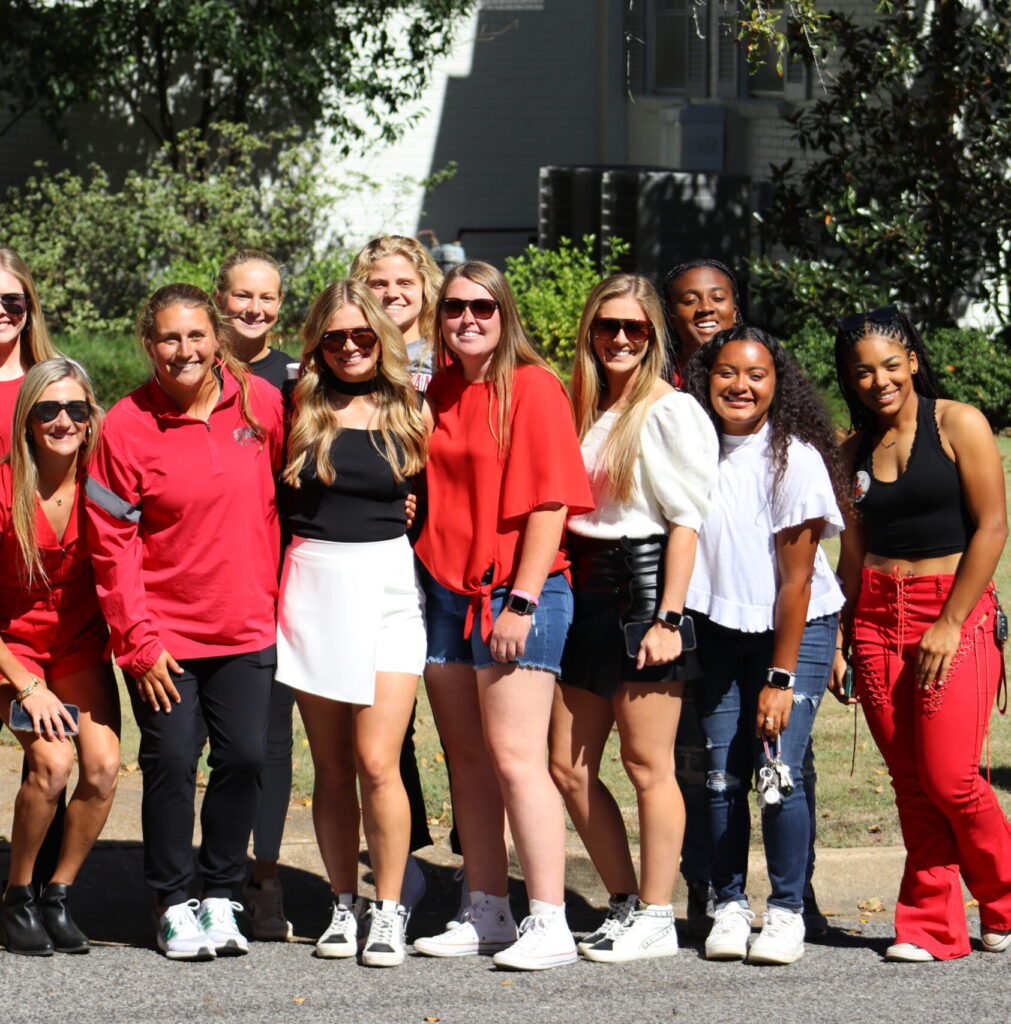
Financial Aid & Scholarships
Financial aid and scholarships provide invaluable opportunities for students to pursue higher education and achieve their academic goals. Financial aid encompasses various forms of assistance, including grants and fellowships, loans, work-study programs and scholarships. Financial aid and scholarships alleviate the financial burden of tuition fees, textbooks and living expenses, making higher education more accessible to students from diverse backgrounds. By supporting students’ financial needs, universities foster a culture of inclusivity, equal opportunity and lifelong learning.
Hear From Our Alumni
"I wanted to become an athletic trainer, and I knew that UWA had the best athletic training program in Alabama. I was nervous because I was in a new place, but it was fun after the first few days. The teachers helped me one-on-one. Homecoming week, the Golden Key, and the intramural sports stood out to me. I got into athletic training when I played basketball in high school. I didn't have too much free time, but I worked out or ran when I could. I gained maturity and accountability while I was there. I'm currently an athletic trainer at Shorter University."
Jordan R. Byrd, Class of 2021
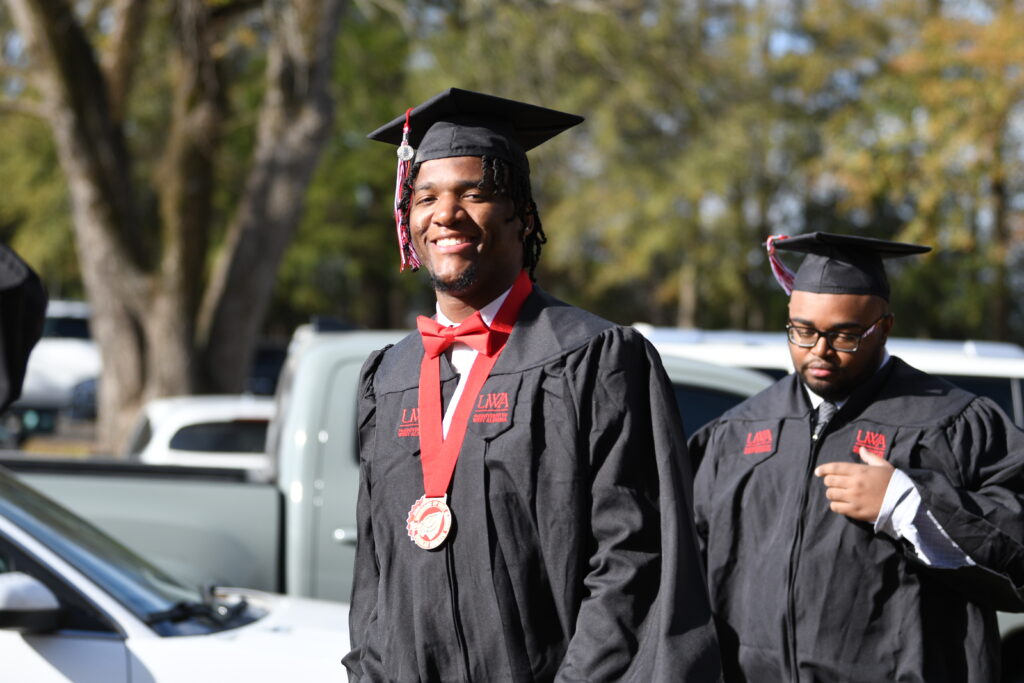
Frequently Asked Questions
Are you a prospective student or visitor looking for information quickly and efficiently? The frequently asked questions (FAQ) section on the university’s website answers common inquiries about admissions, tuition, programs, campus facilities and more.
